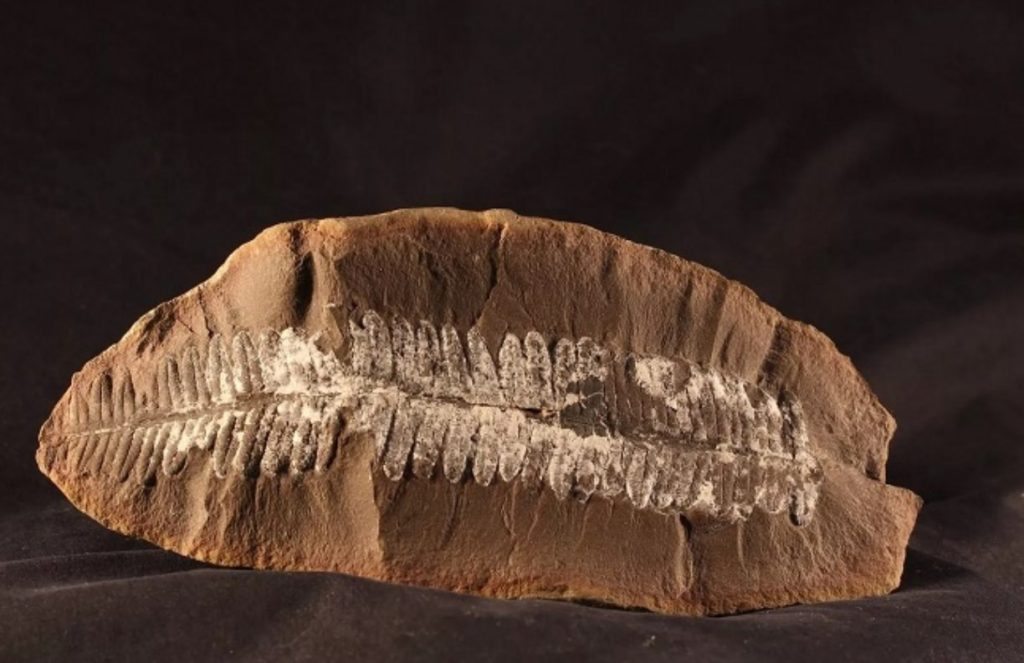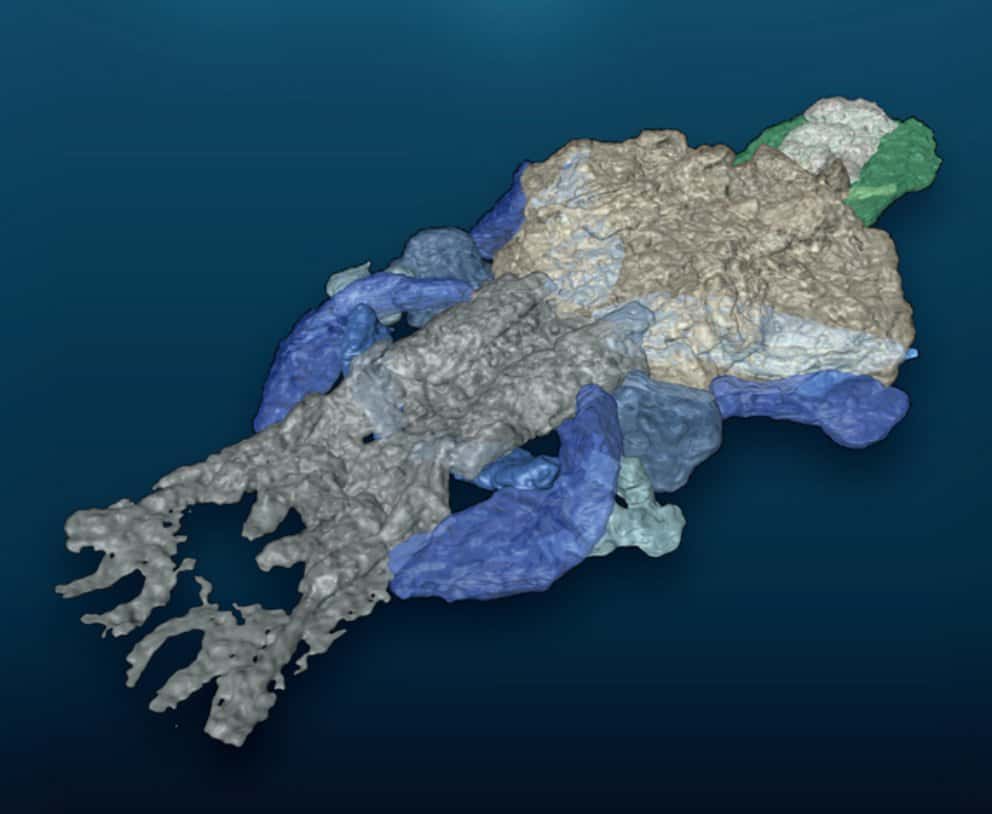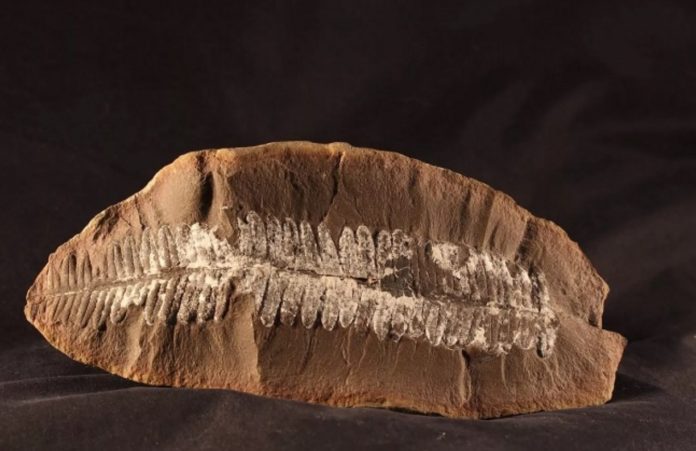If you’ve ever been interested in learning more about your family tree, you’ll find this news intriguing. It’s not about your maternal great-great-grandfather; rather, it’s about one of the earliest vertebrate ancestors, i.e., one of the earliest human ancestors.
This distant cousin might not be as attractive as we had hoped: It’s a fish-like species that existed 390 million years ago and was unearthed in Scotland.
For the first time since its discovery 130 years ago, one of the most enigmatic fossil vertebrates has been classified, allowing us to gain a better understanding of the Earth’s first crawlers.

“This strange animal has baffled scientists since its discovery in 1890 as a puzzle that’s been impossible to solve,” remarked Dr Daisy (Yuzhi) Hu, a researcher and PhD graduate from The Australian National University (ANU).
According to a study conducted by Japanese researchers, this adorable mammal known as Palaeospondylus gunni could be one of our earliest ancestors. The first fossils of this eel-like species were discovered in Caithness, Scotland, in 1890, and the remains can still be found there today.

Shigeru Kuratani and his colleagues at Japan’s RIKEN Pioneering Research Cluster were able to discover evidence suggesting the organism, which was just about two inches long and had four limbs, had a jaw.
Using X-rays from the SPring-8 synchrotron, RIKEN researchers created high-resolution micro-CT images of the fish.
To create the most precise cranial image, Kuratani and his team painstakingly picked fossils in which the heads remained entirely embedded in the rock.
This discovery is significant because, for a long time, the small size of this great-great-grandfather prevented cranial reconstructions, making it nearly impossible to locate it in the evolutionary tree.
These findings by Japanese scientists place the animal at the bottom of the vertebrate family tree, which includes humans. The creature had a flat head and an eel-like body, and it resided in a freshwater loch bed in Scotland’s far northeast.
When the first vertebrates began to emerge from the water, Palaeopondylus lived through a watershed moment in history. The adaption of their fins in limbs aided the transition, and mammals, birds, and reptiles were born as a result.
“The strange morphology of Palaeospondylus, which is comparable to that of tetrapod larvae, is very interesting from a developmental genetic point of view,” Hirasawa added. “Taking this into consideration, we will continue to study the developmental genetics that brought about this and other morphological changes that occurred at the water-to-land transition in vertebrate history.”
This odd species has confused scientists since its discovery in 1890 like a conundrum that has been impossible to solve, Daisy Yuzhi Hu, a researcher at the Australian National University who also participated in this study, said.
“Morphological comparisons of this animal have always been extremely challenging for scientists,” Dr. Hu added.
“However, recent improvements in high resolution 3D segmentation and visualisation have made this previously impossible task possible.”
The new findings could aid scientists in deciphering a range of previously unknown morphological traits as well as the evolution of four-limbed animals.
Image Credit: Getty
You were reading: They Just Discovered A New Ancestor Of Human Beings
